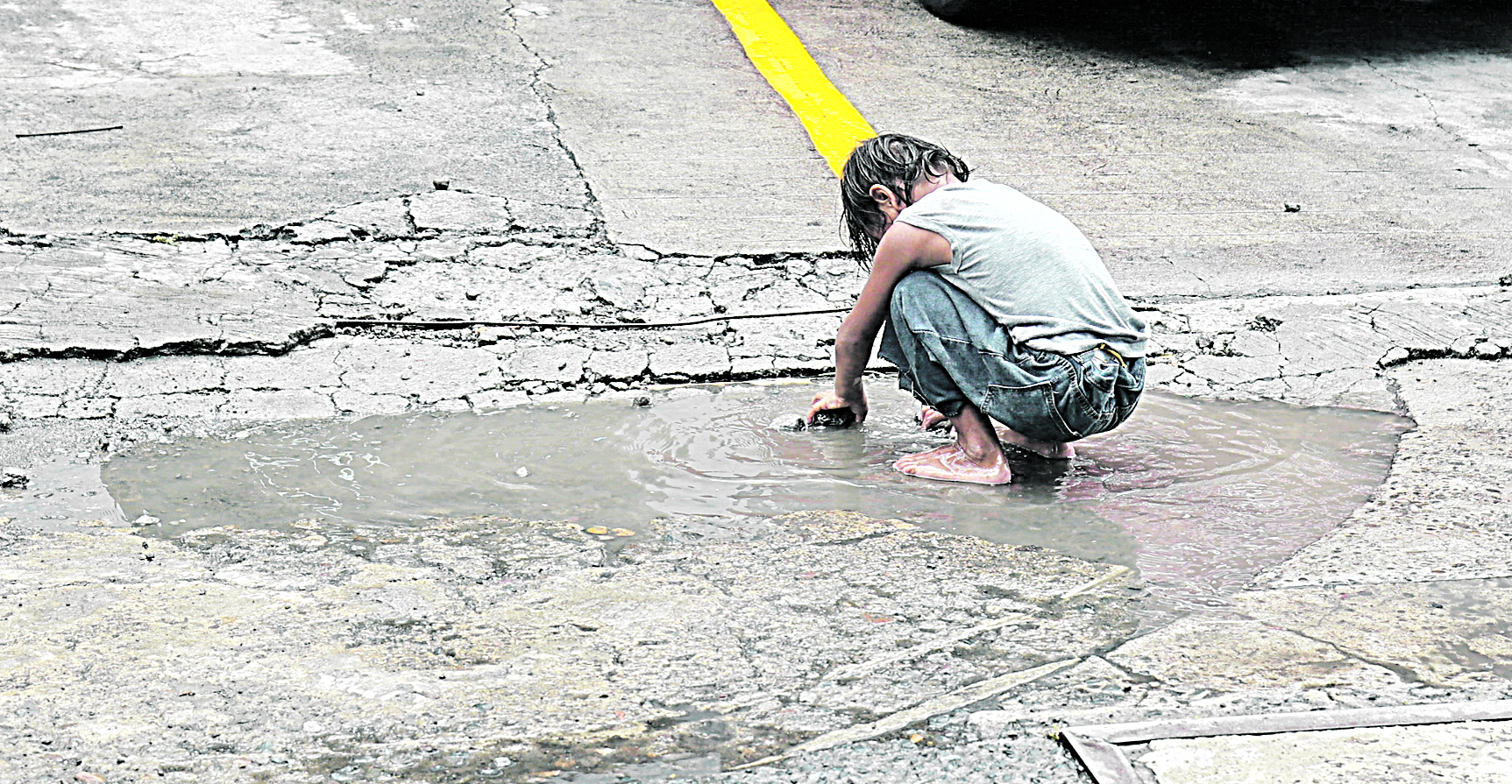No less than the United Nations Committee on the Rights of the Child has lauded the Philippines as a pioneer in advancing children’s rights and in implementing the Convention on the Rights of the Child.
In a recent engagement with UNCRC in Geneva, Switzerland, independent human rights experts cited the country for its efforts to increase resources allocated for children’s rights and policies.
Hynd Ayoubi Idrissi, a Moroccan doctor who is a member of the 18-strong UNCRC, praised the Philippines’ efforts to promote children’s participation through the publication, application, and updating of the “Children’s guidebook on child participation in the Philippines”.
UNCRC member Clarence Nelson said the committee is very pleased to hear the progress the Philippines has made in passing various legislations, concerning child marriage, rape, sexual exploitation, and abuses, especially online abuse.
“We are very happy to hear the Philippines has increased the age of statutory rape of children from 12 to 16 and all these other measures put in place,” said Nelson, a Samoan judge and juvenile justice advocate.
Idrissi and Nelson are members of the task force designated by the UNCRC, chaired by Mikiko Otani of Japan, to raise issues on the Philippines’ implementation of the Convention on the Rights of the Child.
The task force also lauded the Philippines for its efforts to increase resources allocated for children’s rights and child policies, noting the improvements in the data collection system, increase of the budget of the Commission on Human Rights, establishment of a 24/7 helpline for children, and the acceptance of audio-visual recording of statements of child victims in court procedures, among others.
Other members of the task force are Benyam Mezmut of Ethiopia and Anne Marie Skelton of South Africa.
With Undersecretary Angelo Tapales, Council for the Welfare of Children executive director, heading the Philippine delegation are Ambassador Evan Garcia, permanent representative of the Philippine Permanent Mission to the UN in Geneva, and Undersecretary Severo Catura, executive director of the Presidential Human Rights Committee Secretariat.
Catura cited the UN recognition of the Philippines’ consultative process that affirms child rights protection in the country mirrors the broad and flourishing civic space that the State enables.
“This civic space is crucial because of the free manner that it allows the voice of the most vulnerable in our society, especially the children, to be heard is very much in keeping with a key human rights principle, which is inclusive people participation in decision-making and governance,” he said.
Tapales said the Philippine government is committed to upholding its treaty obligations and international agreements, starting with the UN Convention on the Rights of the Child.
“The learned observations and comments of the honorable members of the Committee… will all be taken to heart, studied, assessed, and considered,” he said.
Other members of the Philippine delegation to the UNCRC dialogue are representatives of the Department of Social Welfare and Development, Department of Justice, Department of Health, Philippine National Police — Women and Children Protection Center, Juvenile Justice and Welfare Council, Philippine Commission on Women, and the Supreme Court Office of the Court Administrator.
Since the Philippine ratification of the CRC in 1990, the government has periodically reported its compliance with its human rights obligations under the said treaty.
The CRC, an important agreement by more than 190 countries that are said to be the most rapidly and widely ratified human rights treaty in history, promises the protection of children’s rights, explains who children are, all their rights, and the responsibilities of governments.
All the rights are connected, they are all equally important and they cannot be taken away from children, its proponents have said.
The convention states that childhood is separate from adulthood, and lasts until 18 — it is a special, protected time, in which children must be allowed to grow, learn, play, develop and flourish with dignity.
